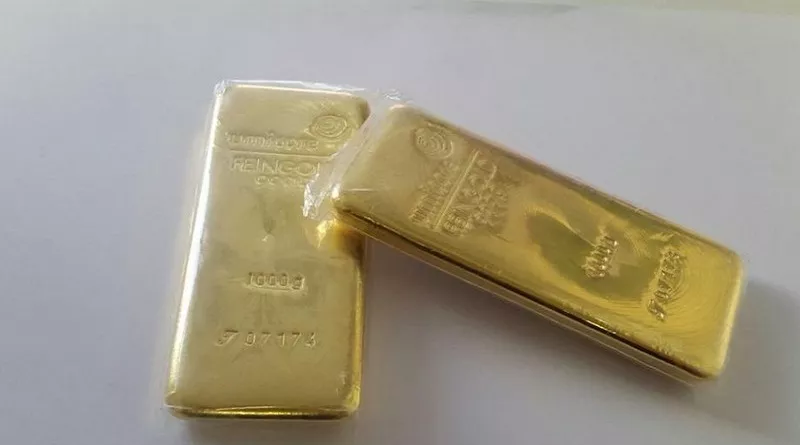Central banks’ demand for gold has played a pivotal role in the precious metal’s remarkable ascent this year, a trend that is expected to persist, according to recent insights from a research firm.
Roukaya Ibrahim, a Strategist at BCA Research, highlighted in a recent analysis that gold’s appeal remains unmatched compared to other commodities, driven predominantly by substantial purchases from central banks in emerging markets.
Ibrahim emphasized that central bank acquisitions are set to sustain gold’s upward trajectory in the foreseeable future. “The ongoing buying spree by central banks is anticipated to continue fueling the gold rally for years to come,” she stated.
Since 2022, central banks have accounted for approximately 25% of global gold demand, a significant increase from the five-year average of around 11%. This growing trend underscores gold’s role as a vital monetary asset, with central banks seeking to bolster their reserves amid limited supply.
Gold’s appeal extends beyond its monetary function; it also serves as a safeguard against inflation and currency devaluation. Ibrahim also pointed out gold’s strategic value as a geopolitical hedge, free from third-party counterparty risks. In a geopolitical landscape where the U.S. dollar has been weaponized by Western nations, gold presents a viable alternative currency.
“Unlike conventional currencies, central banks’ gold reserves are immune to external blockades by other governments,” Ibrahim noted. “The West’s sanctions on Russia following its invasion of Ukraine highlight the risks of holding reserves in traditional currencies.”
The Montreal-based firm anticipates that gold will also act as a buffer against geopolitical uncertainties, especially as recession risks loom. Ibrahim explained that central banks typically ramp up their gold acquisitions during economic downturns. “Given the heightened probability of a recession within the next year, central banks are likely to continue their vigorous gold purchases,” she said.
While emerging market central banks generally favor gold, recent attention has focused on China, which has not reported new gold purchases in the past four months after an 18-month buying spree. Ibrahim suggested that China’s strategy might involve a temporary pause rather than a long-term halt. “The People’s Bank of China (PBoC) may be adjusting to high gold prices in the short term, but its long-term strategy to minimize USD exposure will likely continue to drive gold accumulation,” she explained. “The recent lack of reported purchases might simply reflect a strategic pause rather than a permanent cessation.”
Ibrahim also speculated that China’s approach could be part of a broader, less transparent strategy. Historically, the PBoC has been reticent about its gold acquisitions, often reporting them with significant delays.
Currently, gold constitutes approximately 5% of China’s foreign reserves. According to BCA Research, it could take up to a decade for the PBoC to raise its gold holdings by 15%, necessitating quarterly purchases of around 120 tonnes. “The PBoC’s record acquisition of 78 tonnes in the third quarter of 2023 is a substantial portion of this target. This volume represents about 11% of global annual gold demand for 2023,” Ibrahim added.


